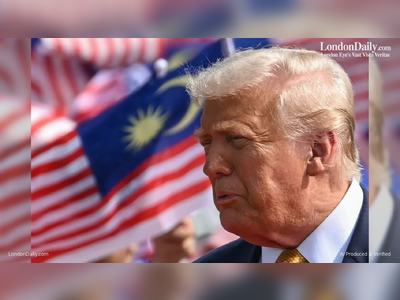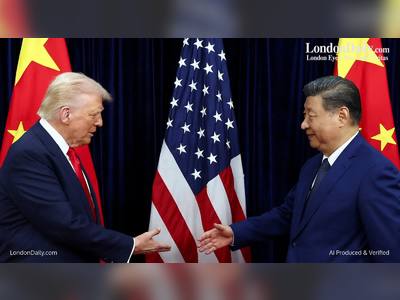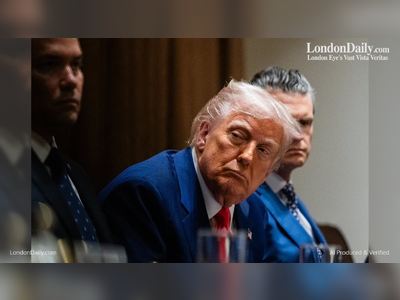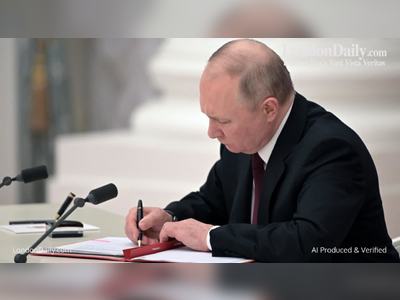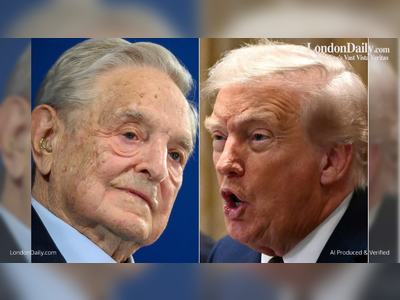U.S. Treasury Secretary Scott Bessent Says China Made 'a Real Mistake' by Threatening Rare-Earth Exports
Bessent warns that Beijing’s rare-earth export restrictions have backfired, accelerating global diversification and reducing China’s leverage
U.S. Treasury Secretary Scott Bessent said China had “made a real mistake” by threatening to restrict exports of rare-earth minerals, arguing the move has undermined Beijing’s own influence over global supply chains.
In a recent interview, Bessent said that while relations between Washington and Beijing have stabilised somewhat, China’s decision to use rare earths as a geopolitical tool has triggered an international effort to secure alternative sources.
Bessent explained that China’s tightening of export licenses for rare earths and other critical minerals alarmed industries and governments worldwide, prompting a rapid shift to new suppliers in countries such as Australia, Canada, and the United States.
He predicted that within two years, China’s dominance in the rare-earth market would lose its coercive edge.
“They fired the first shot—and it’s going to cost them,” Bessent said.
The Treasury Secretary described the current balance between the two powers as an “equilibrium,” achieved through measured diplomacy between President Donald Trump and President Xi Jinping.
He credited Trump’s economic and industrial strategy for reinforcing U.S. resilience, noting that the United States remains “the world’s premier military power and the strongest economy,” while regaining its competitive edge in technology and manufacturing.
China has defended its export controls, insisting they are consistent with international trade rules and designed to ensure responsible resource management.
However, Washington and its allies view the move as a strategic misstep that accelerates diversification away from Chinese supply chains.
Bessent said the United States remains open to cooperation with Beijing but warned that “coercive trade practices will only isolate China further.”
In a recent interview, Bessent said that while relations between Washington and Beijing have stabilised somewhat, China’s decision to use rare earths as a geopolitical tool has triggered an international effort to secure alternative sources.
Bessent explained that China’s tightening of export licenses for rare earths and other critical minerals alarmed industries and governments worldwide, prompting a rapid shift to new suppliers in countries such as Australia, Canada, and the United States.
He predicted that within two years, China’s dominance in the rare-earth market would lose its coercive edge.
“They fired the first shot—and it’s going to cost them,” Bessent said.
The Treasury Secretary described the current balance between the two powers as an “equilibrium,” achieved through measured diplomacy between President Donald Trump and President Xi Jinping.
He credited Trump’s economic and industrial strategy for reinforcing U.S. resilience, noting that the United States remains “the world’s premier military power and the strongest economy,” while regaining its competitive edge in technology and manufacturing.
China has defended its export controls, insisting they are consistent with international trade rules and designed to ensure responsible resource management.
However, Washington and its allies view the move as a strategic misstep that accelerates diversification away from Chinese supply chains.
Bessent said the United States remains open to cooperation with Beijing but warned that “coercive trade practices will only isolate China further.”
